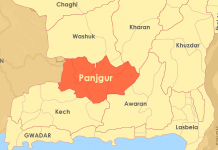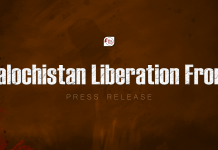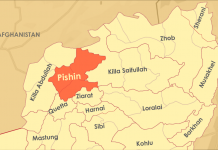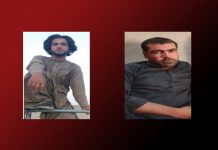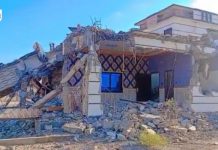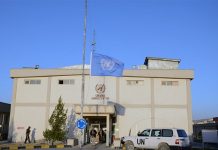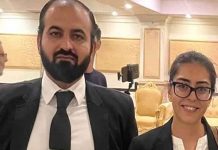The Baloch Raj celebrated the World Education Day on Monday, by running an awareness campaign in Dera Ghazi Khan and Rajanpur.
The group said that education is the primary necessity of every living nation. It is an undeniable fact that education can lead to stronger relationships and promotes feelings of unity, brotherhood and love.
The Baloch Raj said that programs and seminars are organized in different regions of Balochistan to mark World Education Day, but unfortunately in our areas, there are no schools, colleges or public libraries where such programs could be organized. The group said that it will soon publish a report detailing the abysmal situation of education in the Dera Ghazi Khan and Rajanpur areas.
The group said that in the meantime, it will run a campaign in the said regions to raise awareness about the importance of education among the local masses. Raj requested the public to volunteer for the campaign and play their part in raising awareness for education.
Educational seminars, literary festivals, book fairs and awareness campaigns used to be a rarity in Balochistan – but now, they are a common sight. For the past couple of years, Baloch student bodies have organized such gatherings in different cities of Balochistan to promote awareness among the general public.
On the first day of the New Year, a book fair was organized on the Sariyab Road in Quetta. Book stalls were arranged on the roadside where hundreds of students, passersby and prominent politicians visited them and bought books.
The Baloch Students Action Committee (BSAC), a student group, held a literary festival in Liyari, Karachi, that came to an end on Monday. The group said that the Baloch community living outside of Balochistan, like in Karachi, has distanced itself from the politics of Balochistan. The festival in Liyari was an attempt to raise political awareness among these people.
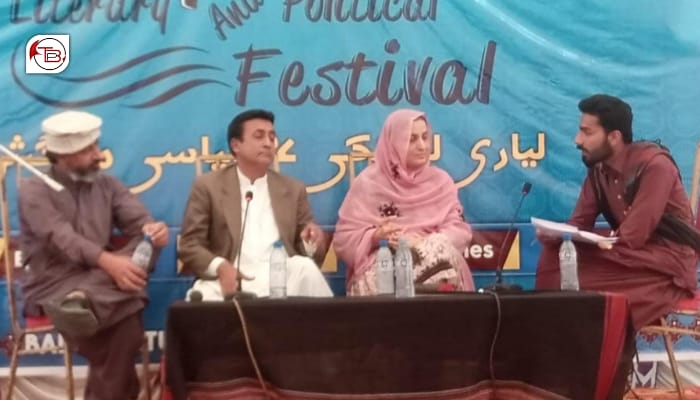
BSAC said that the literary festival consisted of several segments, including a panel discussion on the political role of Baloch activists and workers hailing from Karachi; a speech segments where the Baloch student leaders highlighted the importance of student politics in Balochistan; an art exhibition where Baloch artists presented their work for admirers to see and a musical segment. A documentary was also presented on the archaeological sites in Balochistan.
The group of panellists consisted of journalists and political workers who debated the importance of Baloch political movements in Karachi and their implications on the much broader Balochistan problem. The panellists said that political activism in Karachi has always found a way to Balochistan. The City of Lights has been a bastion of political and student activism – this city has nurtured ideologies congenial to the Baloch cause. The panellists said that the anti-nationalist elements understood the importance of political activism in this city and, therefore, they used the local NGO’s to quell the political uprising in Karachi, and they succeeded. The Baloch diaspora in Karachi is more distanced from politics than at any other time in its history.
The speakers said that despite living in the largest city of Pakistan, the Baloch community have no access to proper education, healthcare facilities and employment opportunities. The land mafia is arrogating the plots and houses of poor Baloch citizens. Other elements are forcing the people out of the area on various pretexts. The speakers said that it is important to raise these issues on different forums.
The literary festival ended with a musical segment where Baloch singer and composer Hameed Sharif entertained the participants.











